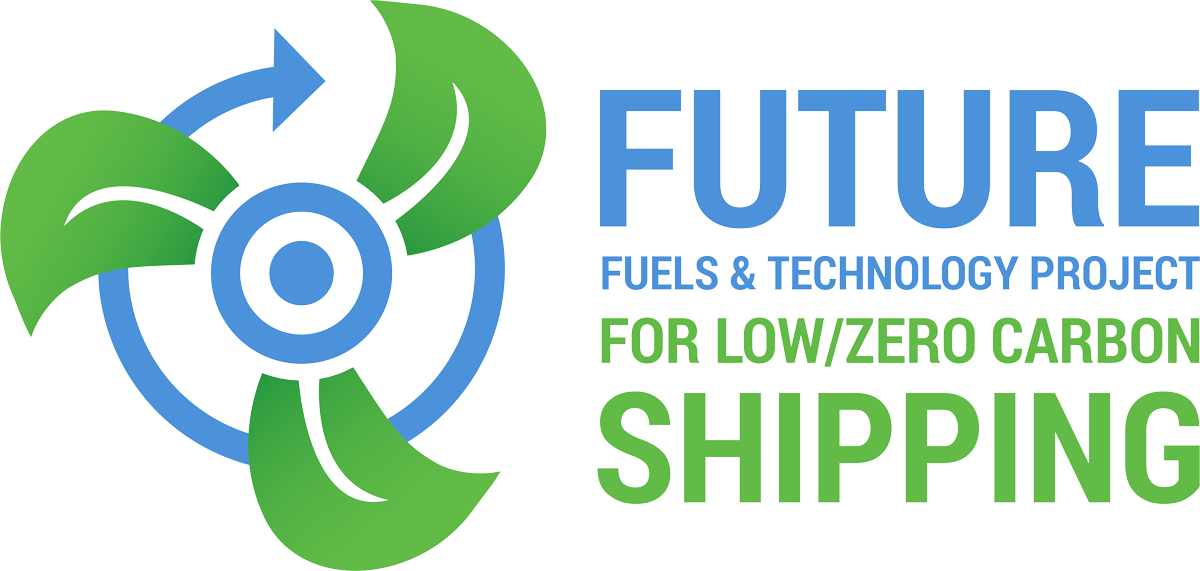To emphasize the necessity of applying onboard carbon capture and storage (OCCS) technology based on international maritime decarbonization regulatory trends, the current status of technology development, regional policy trends, and commercialization improvement challenges are introduced. In particular, the practical issues that need to be addressed and the corresponding level of technology required for the application of OCCS technology on ships are demonstrated through case studies.
Topic: Technology
Safe Bunkers of Biofuels
To ensure the safe biofuel bunkering of ships at ports, the characteristics that may arise in biofuel bunkering are summarized and explained based on the existing regulations and procedures for conventional marine fuel bunkering.
Oceans of Opportunity
To explain the impact of green methanol and ammonia and propose the implementation of zero-emission fuel bunkering at ports by 2030
Analysis on interaction of CII with GFS: Calibrating IMO energy efficiency and fuels targets
To recommend effective strategies for the shipping sector to achieve the IMO emission reduction targets
Options for Reducing Methane Emissions from New and Existing LNG-Fueled Ships
To evaluate the effectiveness of various technological and operational measures to reduce methane emissions from LNG-fueled vessels, to assess the current status of LNG engine technology, and finally to provide recommendations for policy changes and technological improvements to mitigate methane emissions from LNG-fueled vessels.
Mapping of Zero-Emission Pilots and Demonstration Projects, 4th edition
To provide information on pilot and demonstration projects focused on ship technology, fuel production and supply, and infrastructure solutions to achieve decarbonization in the shipping industry by 2050
Review of maritime transport 2023; Towards a green and just transition
To analyze trends in seaborn trade, global shipping services, freight rates, infrastructures at ports in 2023. etc., and discuss challenges in relation to the transition to decarbonization
Maritime Forecast to 2050
To analyze the current state of the shipping industry’s carbon emission reduction transition and the prospects for new technologies and stretegies, including ship design and fuel selection, necessary to achieve full net-zero
Applying Alternative Fuels to Existing Ships (Engine Retrofit Report 2023)
To explore decarbonization through retrofitting existing ships and analyze the price gap between alternative fuels and conventional fuels through forecast scenarios for the application of alternative fuel technologies in ship retrofits
It is worth noting that this report proposes a required carbon tax of $350 per ton of CO2 in order to bridge the price gap between existing marine fuels and the latest eco-friendly alternative fuels, such as methanol and ammonia.
The role of energy efficiency regulations
The characteristics of the EEDI, EEXI, and CII regulations on ship energy efficiency and their practical impact on the maritime industry were analyzed. The role of each stakeholder in achieving the original purpose of these regulations was explained in realistic terms.
In particular, it introduces the positive impact of the EEDI regulation on the development of energy efficiency improvement technologies of ships, the limitations of the EEXI regulation, and the interrelationships between stakeholders for effective implementation of the CII regulation.

